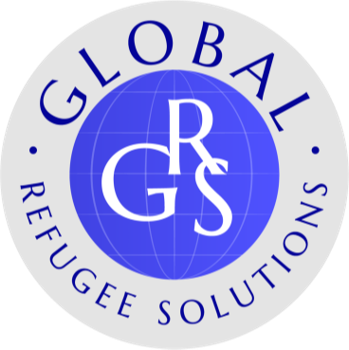Israel
Learn more about the region below
Overview
Israel, is a destination for both Jewish immigrants and asylum seekers from African nations such as Eritrea and Sudan. While the country offers full citizenship and integration support to Jewish immigrants under the Law of Return, it has faced significant criticism for its restrictive asylum policies. Only a small fraction of asylum seekers receive protection, and many live in legal and social limbo.
Country Facts
- Total Population: 9.8 million (2023 est.)
- International Migrants: 1.9 million (23% of the population)
- Asylum Seekers: 30,000 (mostly from Eritrea and Sudan)
- Population of Concern to UNHCR: 68,000 displaced and stateless individuals
Crisis
While Israel provides a pathway to citizenship for Jewish immigrants through the Law of Return, non-Jewish asylum seekers primarily from Eritrea and Sudan face substantial barriers to protection. Many fled genocide, persecution, or forced conscription, arriving in Israel after harrowing journeys across the Sinai Desert. Despite their long-term presence, including Hebrew fluency and integration into society, they remain largely undocumented and unrecognized by the state. Israel has one of the lowest asylum approval rates globally, creating a climate of uncertainty and vulnerability.
Frequently Asked Questions (FAQs)
Who qualifies for immigration under Israel’s Law of Return?
Any person of Jewish heritage, along with their children and grandchildren, can immigrate to Israel and receive full citizenship.
What is "temporary protection"?
The majority are from Eritrea and Sudan, fleeing political persecution, genocide, and forced military conscript
Who are the asylum seekers in Israel?
Türkiye is party to the 1951 Convention but limits full refugee status to Europeans; others receive temporary or conditional protection.
Why is the asylum approval rate so low?
Israel has maintained a strict and selective asylum policy, approving fewer than 1% of applications, often citing security or political concerns.
What challenges do asylum seekers face in Israel?
They often live without legal status, cannot access healthcare or jobs easily, and are at risk of deportation. Many live in poverty and face social stigma.
